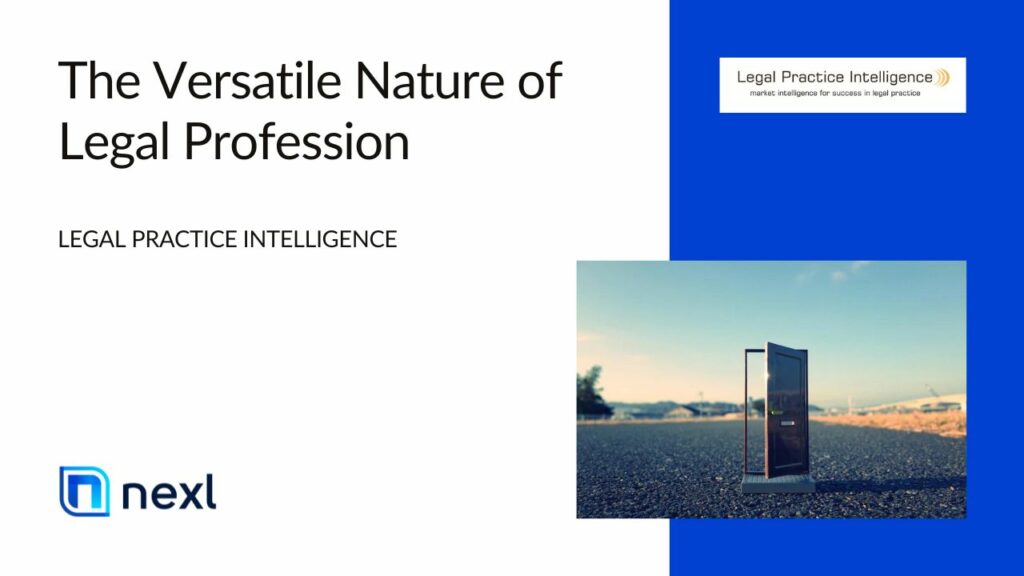Gone are the days when a law degree merely meant charting a career as an attorney practising in a court of law. Up until recently, the opportunities that were available were confined to a few mainstream options such as advocacy, judiciary and public services. However, over time the legal profession has evolved dramatically, and today’s lawyer plays a multi-faceted role.
Gary Slapper, a former Global Professor at New York University and the author of many law books and academic articles, discussed the versatile nature of law. In his book, “How The Law Works”, he states, “[l]ike the pen or the knife, the law is a versatile instrument that can be used equally well for the improvement or the degradation of humanity.”
Knowledge beyond a single field
The famous American comedian Jerry Seinfeld once said, “To me, a lawyer is basically the person who knows the rules of the country. We are all throwing the dice, playing the game, moving our pieces around the board, but if there’s a problem, the lawyer is the only person who has read the inside of the top of the box”. How true!
Legal education inculcates in its readers an analytical bent of mind, the ability to swiftly grasp and understand legal and non-legal provisions, efficient handling of multiple matters, and practical problem-solving in a limited timeframe. Notably, modern legal education equips professionals to practice as traditional lawyers and perform various support services to aid in disseminating conventional legal services, thereby facilitating the creation of the legal industry.
According to the World Economic Forum’s 2020 Report titled “Jobs of Tomorrow: Mapping Opportunity in the New Economy, “the adaption to new roles and ways of working requires reskilling and upskilling.
ARTICLE BY LEGAL PRACTICE INTELLIGENCE






